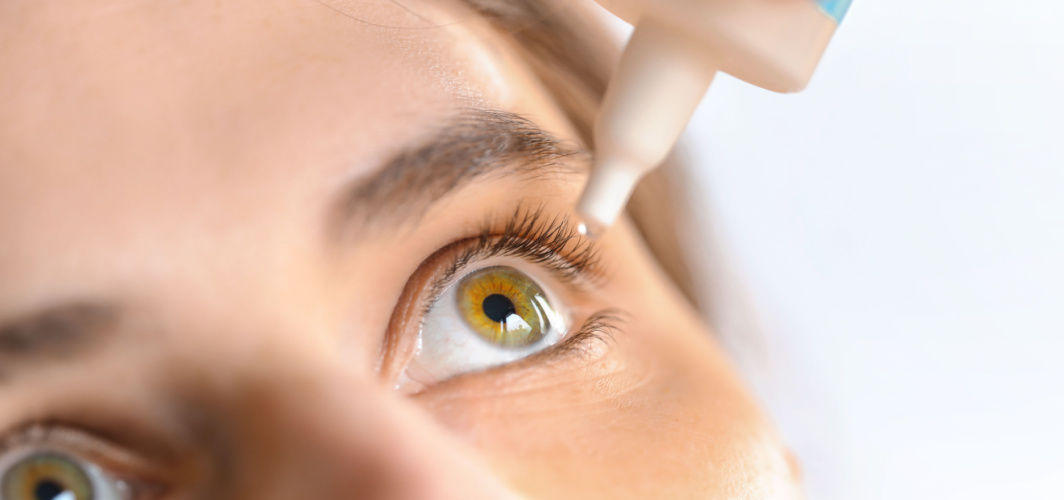Diabetes Management
Can Air Pollution Cause Diabetes?
5 min read
By Apollo 24/7, Published on - 04 December 2020, Updated on - 13 September 2023
Share this article
0
7 likes

What is particulate matter?
How is air pollution linked to diabetes?
- A recent study published in The Lancet Planetary Health evaluated the relationship between levels of pollution and the risk of developing diabetes among more than 1.7 million US veterans. These veterans were followed for 8.5 years and none of them had a history of diabetes. The results of the study showed that when the levels of particulate matter 2.5 were between 5 and 10 μg/m3 (micrograms per cubic metre) of air, about 21% of people ended up developing diabetes. As the PM 2.5 exposure increased to 11.9 -13.6 micrograms per cubic meter, about 24% of people developed diabetes.
- A cross-sectional study conducted in Iran from 2006 to 2011 examined 2916 adult participants to determine the relationship between long-term exposure to particulate matter and the prevalence of type 2 diabetes mellitus. The result of the study showed that people who were exposed to PM10 for 5 years were at increased risk of developing diabetes.
- Another cohort study conducted in Hong Kong extended for more than 9 years and concluded that long-term exposure to a high level of PM2.5 can increase the risk of type 2 diabetes.
- A study conducted in Germany concluded that exposure to air pollution for 28 to 91 days can increase the risk of diabetes in people with no previous history of diabetes. They further stated that exposure to pollutants such as sulfur dioxide (SO2) and carbon monoxide (CO) was positively associated with the presence of type 2 diabetes.
What can be done to protect oneself from air pollution?
- Try to do your bit to reduce contribution toward vehicular pollution and opt for different modes of transportation. If possible, try using public transport to work. One can walk or ride a bike for nearby places.
- Do not burn the garbage in your garden or surroundings, as it adds on to the pollution.
- People living in cities with extremely poor air quality must avoid stepping out of their house early in the morning as the pollution levels are at a peak during those hours.
- One can use a good quality mask preferably N95, N99 or N100 mask as they can filter out the finest pollution particles.
- Use air purifiers at home to filter out the allergens, toxins and other pollutants from the indoor air.
- Keep your windows closed during morning and evening hours when the air pollution tends to be at its maximum.
- Wear sunscreen while stepping out of the house to avoid any kind of skin damage.
- Take up some form of exercise, such as running up and down the stairs or using a skipping rope, to keep yourself active and healthy.
- People with a family history of diabetes must get their blood sugar levels checked every 3 months.
- Avoid high-fat, calorie-rich food as it can lead to obesity, which is a risk factor for type 2 diabetes mellitus.
Conclusion
For any questions on diabetes, you can consult a diabetologist.
You can also manage your diabetes like a pro with Apollo 24|7's 12-week empower programme.
Diabetes Management
Consult Top Kavach General Physicians
View AllLeave Comment
Recommended for you

Diabetes Management
Diabetes Symptoms: Educate Yourself On The Early Warning Signs
Understanding the early warning signs of diabetes is crucial. These symptoms include increased thirst, frequent urination, unexplained weight loss, fatigue, and blurred vision. It's vital to recognise these signs and seek medical attention if you experience them, as early diagnosis and management are key to preventing complications. Diabetes can be managed effectively through lifestyle changes and medications, but early intervention is the first step toward a healthier future.

Diabetes Management
Diabetes and Dry Eyes: Is there a Connection?

Diabetes Management
Does Gestational Diabetes Lead to Type 2 Diabetes?
After childbirth, blood sugar levels in the mother typically normalize within six weeks. However, according to the Centers for Disease Control and Prevention (CDC), approximately 50% of women with gestational diabetes may develop type 2 diabetes later in life. The risk can be reduced by maintaining a healthy weight, making healthy food choices, and engaging in regular physical activity.
Subscribe
Sign up for our free Health Library Daily Newsletter
Get doctor-approved health tips, news, and more.
Visual Stories

8 Fruits That are Incredibly Healthy for Diabetes
Tap to continue exploring
Recommended for you

Diabetes Management
Diabetes Symptoms: Educate Yourself On The Early Warning Signs
Understanding the early warning signs of diabetes is crucial. These symptoms include increased thirst, frequent urination, unexplained weight loss, fatigue, and blurred vision. It's vital to recognise these signs and seek medical attention if you experience them, as early diagnosis and management are key to preventing complications. Diabetes can be managed effectively through lifestyle changes and medications, but early intervention is the first step toward a healthier future.

Diabetes Management
Diabetes and Dry Eyes: Is there a Connection?

Diabetes Management
Does Gestational Diabetes Lead to Type 2 Diabetes?
After childbirth, blood sugar levels in the mother typically normalize within six weeks. However, according to the Centers for Disease Control and Prevention (CDC), approximately 50% of women with gestational diabetes may develop type 2 diabetes later in life. The risk can be reduced by maintaining a healthy weight, making healthy food choices, and engaging in regular physical activity.